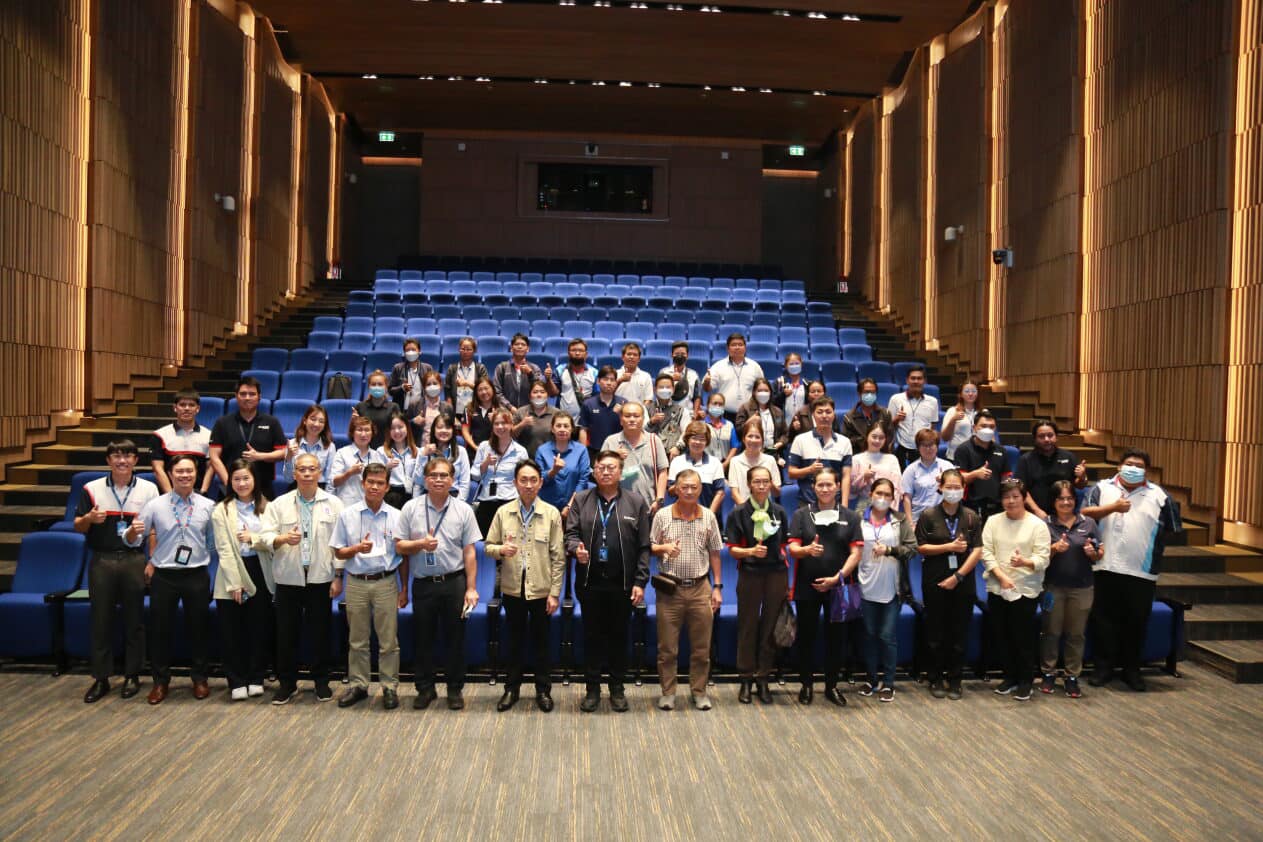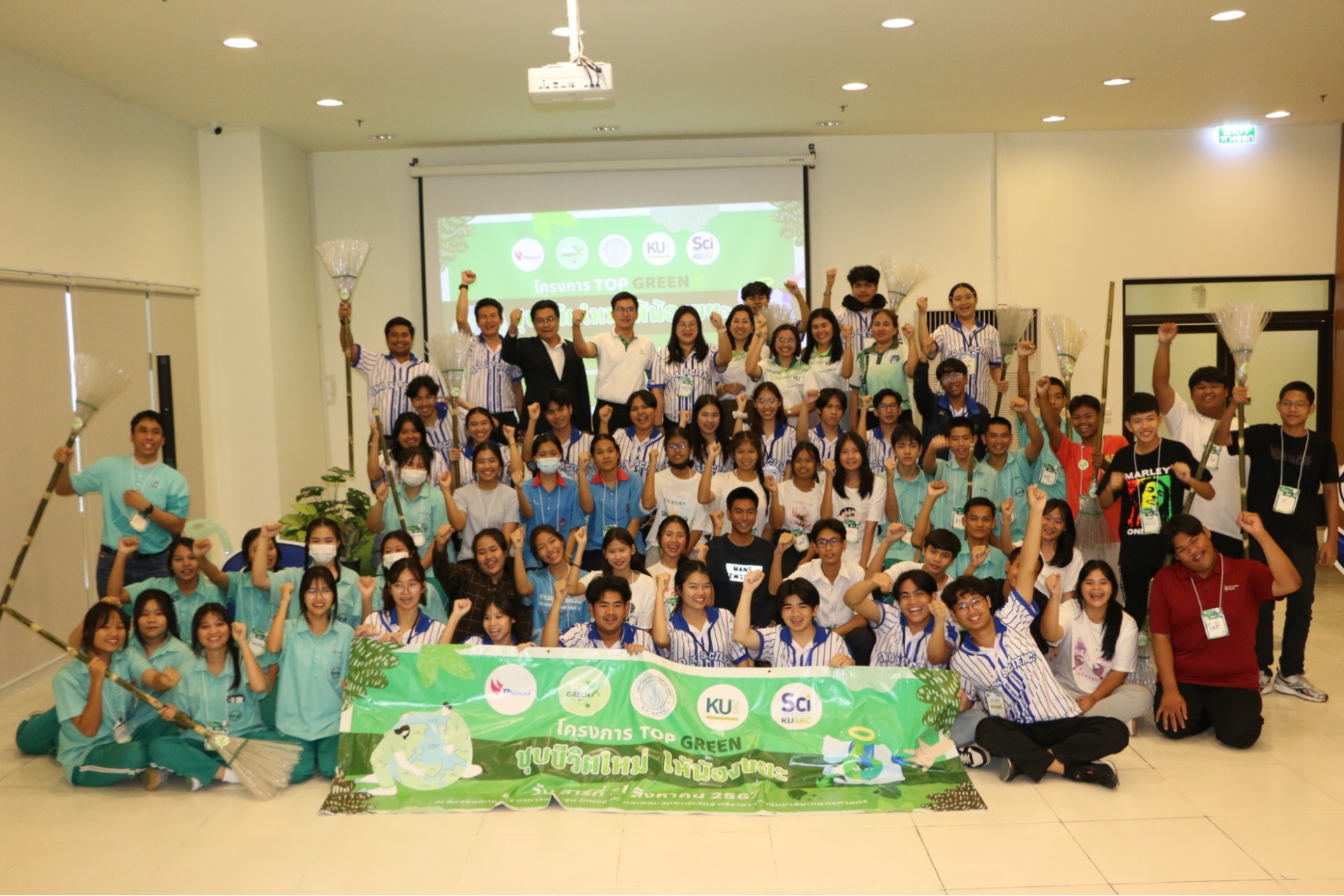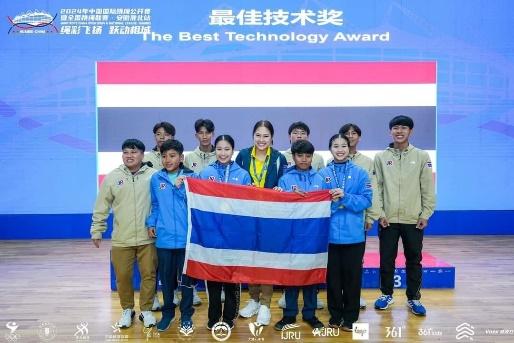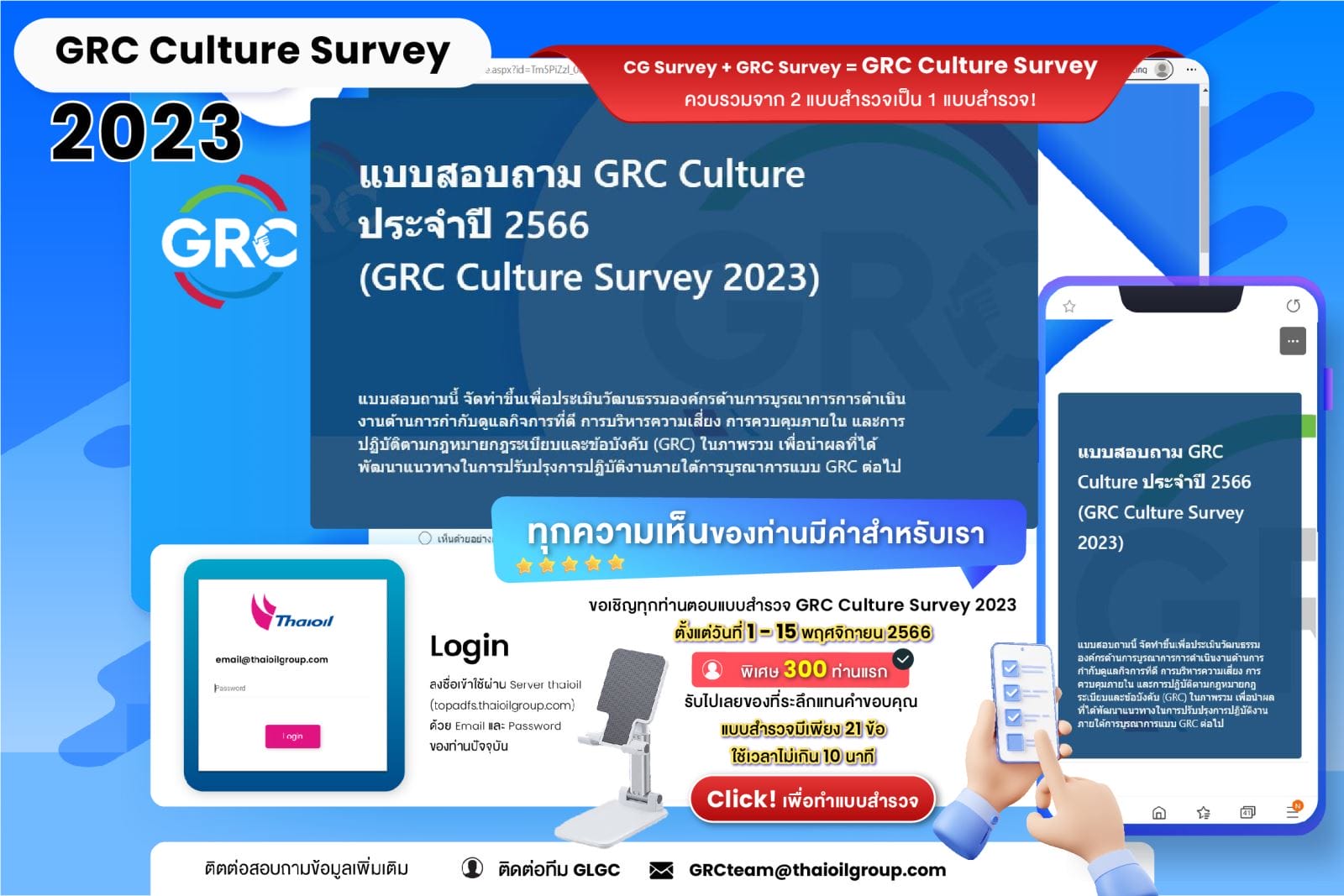Corporate Governance Principles
Corporate Governance Principles
Corporate Governance is an internal management tool to link relationships among shareholders, the Board of Directors, executives, and employees with due regard for stakeholders at large, leading to the best interests of shareholders and all stakeholders. Thaioil Group’s CG principles are as follows

CGR was initiated by Thai Institute of Directors Association (IOD) in collaboration with the Stock Exchange of Thailand (SET). In 2024, the scoring and assessment criteria of CGR were developed by referring to the Organization for Economic Cooperation and Development (OECD) Principles of Corporate Governance and Thailand’s Corporate Governance Code for Listed Companies 2017 (CG Code 2017). CGR Evaluation methodology assesses on four governance categories;
Rights and Equitable Treatment of Shareholders
weight 25%
Role of Stakeholders and Business Sustainability
weight 25%
Disclosure and Transparency
weight 15%
Board Responsibilities
weight 35%
- Whether the company has a policy and practices on internal control and risk management in place. (Category 4 Board Responsibilities, Sub-section 4.2: Supervisory Responsibilities, Criteria 31)
- Whether the company discloses its anti-corruption risk assessment as well as the implementation outcomes of its anti-corruption policy. (Category 2 Role of Stakeholders and Business Sustainability Sub-section 2.3: Sustainability in the Social Dimension, Criteria 29)
- Whether the company appoints a responsible person or compliance unit (Category 4 Board Responsibilities, Sub-section 4.2: Supervisory Responsibilities,
Criteria 34) - Whether the board of directors has a governance policy of the company’s subsidiaries and associated firms, as well as disclosure of the policy’s follow-ups (Category 4 Board Responsibilities, Sub-section 4.2: Supervisory Responsibilities, Criteria 28)

































































